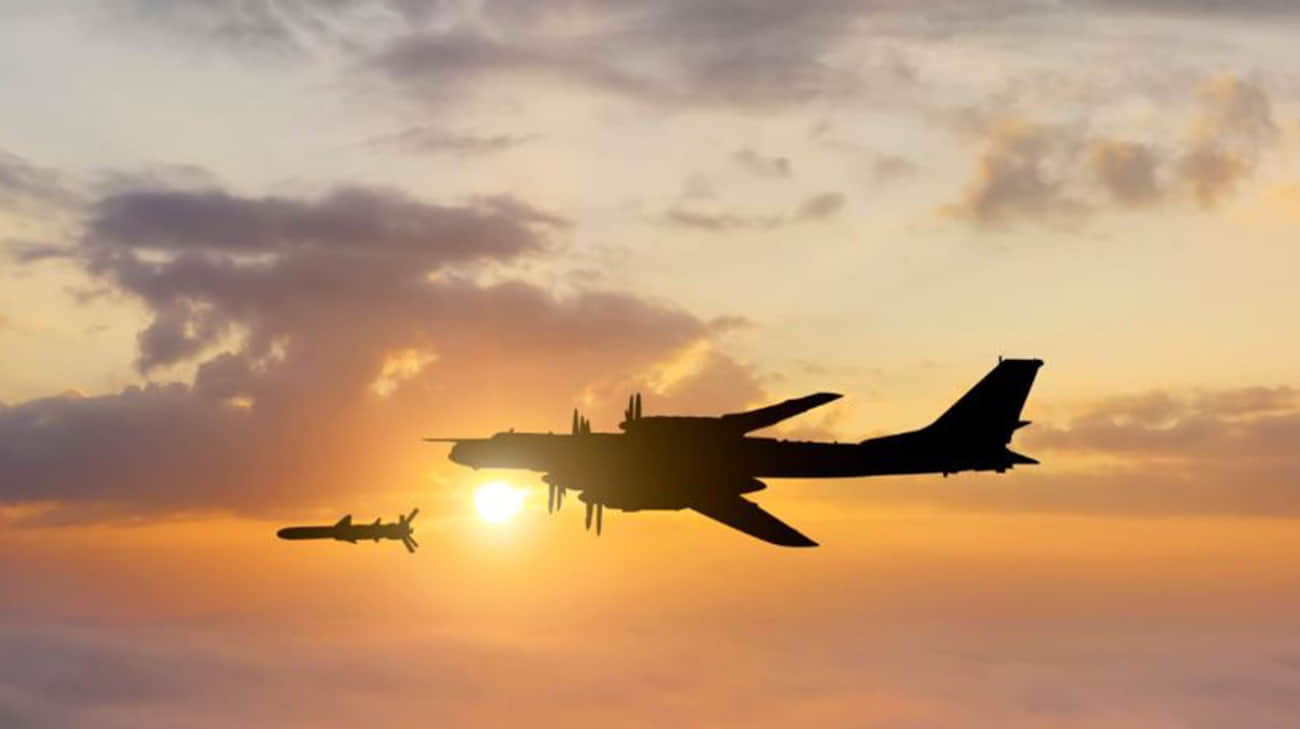Russia plotted attacks on nuclear power plants and civilian infrastructure in Japan and South Korea in 2008-2014 – FT
The Financial Times has obtained access to 29 Russian military secret files from 2013-2014 with lists of targets, particularly nuclear power plants, for a potential war with Japan and South Korea. Source: Financial Times, citing Western sources Quote: "The strike plans, summarised in a leaked set of Russian military documents, cover 160 sites such as roads, bridges and factories, selected as targets to stop the 'regrouping of troops in areas of operational purpose'.

The Financial Times has obtained access to 29 Russian military secret files from 2013-2014 with lists of targets, particularly nuclear power plants, for a potential war with Japan and South Korea.
Source: Financial Times, citing Western sources
Quote: "The strike plans, summarised in a leaked set of Russian military documents, cover 160 sites such as roads, bridges and factories, selected as targets to stop the 'regrouping of troops in areas of operational purpose'."
Details: The documents obtained by the Financial Times reveal Moscow's intense focus on its eastern borders. Russian military strategists are concerned that in any conflict with NATO, the country's eastern territories would be exposed to vulnerabilities, including potential strikes from US forces and their regional partners.
The newspaper points out that the files, primarily focused on preparing officers for a potential conflict along the country's eastern border between 2008 and 2014, remain relevant to Russia's current military strategy.
The documents reveal previously undisclosed information about the principles behind nuclear weapons use, as well as scenarios for military simulations involving a Chinese invasion and strikes deep into Europe.
The FT notes that Asia has become a key focus in Russian leader Vladimir Putin's strategy, not only for the full-scale invasion of Ukraine but also in the broader context of his confrontation with NATO.
The list of targets in Japan and South Korea was part of a presentation aimed at showcasing the capabilities of the non-nuclear version of the Kh-101 cruise missile. The document bore the emblem of the Russian Armed Forces' Combined Arms Academy, an institution for training senior officers.
The first 82 targets on the Russian list are military-related, including central and regional command headquarters of the Japanese and South Korean armed forces, radar installations, air bases and naval facilities.
The rest are civilian infrastructure facilities, including road and railway tunnels in Japan, such as the tunnel connecting the islands of Honshu and Kyushu.
Energy infrastructure is also a priority: the list includes 13 power plants, such as the Tokai nuclear plant and oil refineries.
Bridges are the main civilian targets in South Korea, but the list also includes industrial facilities such as steelworks in Pohang and chemical plants in Busan.
"Russia’s plans show a confidence in its missile systems that has since been proven to be overstated," the FT writes.
Support UP or become our patron!

